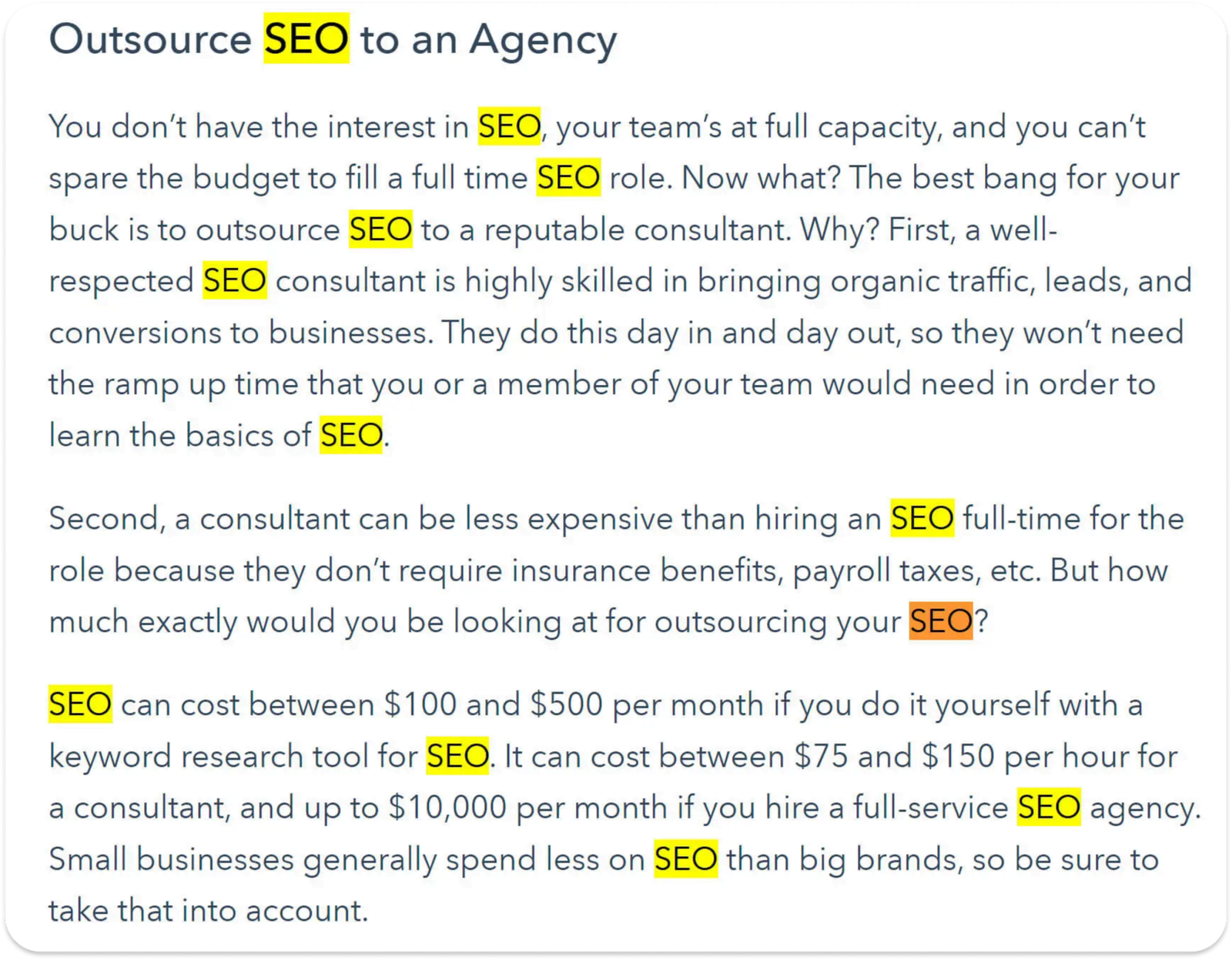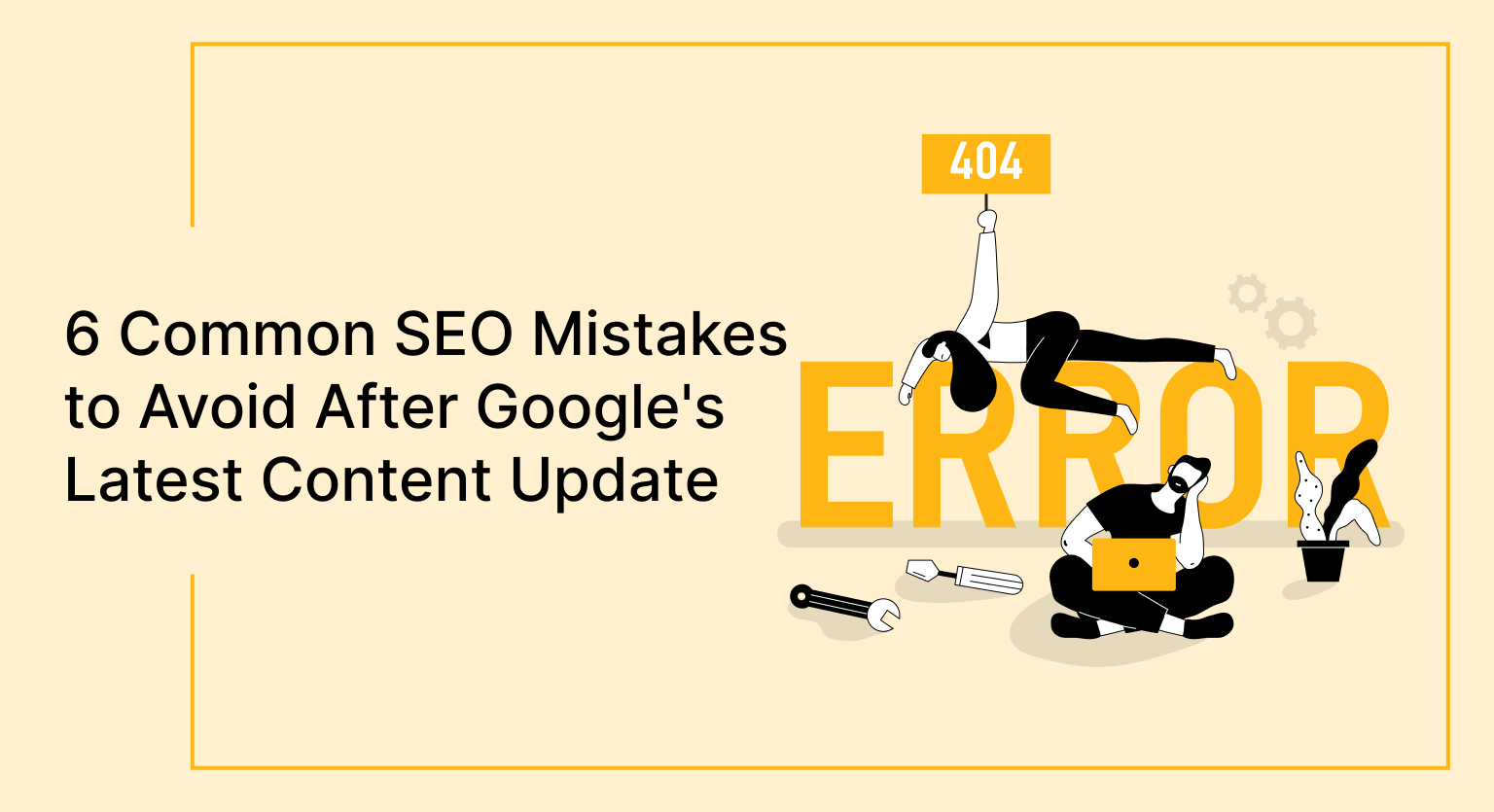In light of the latest Google update prioritizing useful content, we’ve gathered insights from SEO experts and marketing leaders to pinpoint critical SEO errors to avoid. From avoiding keyword stuffing to creating concise, helpful content, explore the six invaluable strategies provided by our Marketing Content Strategist and Founders.
- Avoid Keyword Stuffing
- Answer Queries Promptly
- Address Audience Needs
- Optimize for Higher CTR
- Focus on Meaningful Content
- Create Helpful Queries and Content
Avoid Keyword Stuffing
One common SEO mistake that businesses should avoid, especially with Google’s new update focusing on useful content, is keyword stuffing. This practice involves excessively using keywords to manipulate search engine rankings, which can lead to poor user experience, search engine penalties, and reduced credibility. Instead of improving visibility, keyword stuffing often results in lower engagement and higher bounce rates as users find the content unnatural and unhelpful.

At Destify, we emphasize creating valuable, engaging, and relevant content for our users. They’re researching weddings and deserve personable information! Our SEO strategy includes naturally integrating keywords within high-quality content, ensuring a mobile-friendly design, and adhering to technical SEO best practices like optimizing site speed and using structured data. By focusing on user-centric content and maintaining a technically sound website, we align with Google’s emphasis on useful content and sustain a strong presence in search results.
Garrett Nutgrass, Marketing Content Strategist, Destify
Answer Queries Promptly
The most common mistake is not answering a query quickly enough. You should be able to read your own introduction, and if you haven’t got a brief answer to the query you’re writing content for, you need to redo it.

Don’t hide your answer in the content; present it in the introduction. It will seriously hurt your rankings if you don’t do this.
The problem is that people will click on your content, start reading, and not find the answer, so they will go back to Google and visit your competitor. This is a significant negative signal to send to Google, and you’ll see your website drop in rankings.
Phillip Stemann, SEO Consultant, Phillip Stemann
Address Audience Needs
A big SEO mistake to avoid is keyword stuffing. Focusing too much on inserting keywords can lead to poor-quality content that doesn’t provide real value to users.
Instead, prioritize creating informative, engaging content that addresses your audience’s needs while naturally incorporating relevant keywords.
Chad DeBolt, Founder, Surchability
Optimize for Higher CTR
Ignoring CTR can result in missed opportunities for traffic and signal to Google that your content isn’t engaging. To boost CTR, craft compelling meta titles and descriptions, use attention-grabbing headlines, and ensure your content delivers on what it promises.

Andy Hathaway, Google Ads Specialist, Clarity PPC
Focus on Meaningful Content
One common mistake that businesses should avoid since the new Google update is to prioritize keyword density over the production of high-quality, meaningful content. Since its conception, SEO’s focus has shifted towards understanding and meeting user needs rather than overstuffing content with keywords. With Google’s recent emphasis on valuable content, this issue has become even more critical.
During my tenure as the Head of Marketing at Businessmap, I’ve observed that web pages which prioritized keyword insertion over informative content suffered from decreased visibility and poor user engagement over time. In contrast, content-rich pages offering actionable insights or comprehensive guides tend to rank higher and succeed in attracting and retaining users.
Therefore, businesses need to pivot their SEO strategy towards content that genuinely provides value to the audience, now more than ever. This doesn’t mean neglecting keywords but rather cleverly integrating them into user-centric material.
Pavel Naydenov, Head of Marketing, Businessmap
Create Helpful Queries and Content
The Helpful Content Update may have put an end to the era of “skyscraper content,” which involves covering everything there is to know about a topic on a single page and expecting it to rank for super-specific keywords.
Instead, businesses can build authority by creating helpful content around specific queries. Each page should answer its targeted query directly and concisely, rather than making users wade through paragraphs of unrelated content before they find their answer.
Amanda Napitu, Founder, Improving Your English





























